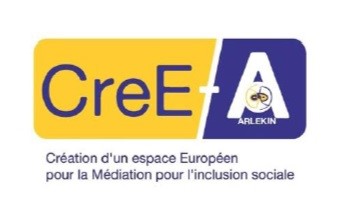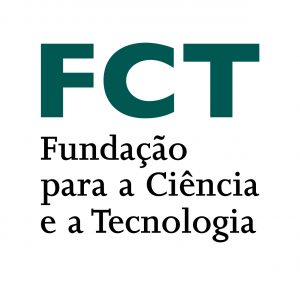Guidelines for writing the text
– The full text of the communications must have a minimum extension of 5000 words and a maximum extension of 7000 words.
– It should be sent to the email congressodim@gmail.com until May 7, 2018. Authors should be available to respond to requests for revision of the text by the editors.
– Only full texts of the papers presented at the conference will be included in the e-book. If an approved communication is not presented due to the absence of the author(s) in the event, the text will not be included in the Conference proceedings. The organizing committee reserves the right to reject full texts that do not respect the guidelines or that do not meet the requirements of academic work.
– The structure of the document should include the following elements, as follows:
Title
Identification of the authors and their affiliation
(including city and country)
1.Introduction
2. Title of the section
2.1 Subsection title
(unfold as often as necessary)
3.
(…)
4. Conclusions
Funding and Acknowledgments (if applicable)
References
Biographical note: name and e-mail address. The extension of the biographical note should not exceed 150 words.
– Formatting: it should be strictly followed the one indicated in the template.
– The Congress Proceedings Book follows the publication ethics of the CECS journal Comunicação e Sociedade, namely:
“Comunicação e Sociedade shares the general principles of good practice and ethical values in scientific research of the Code of Ethics of the University of Minho. Following the provisions of Section III.2 of the code, any conduct shall be deemed unacceptable that is in “violation of the integrity of the researcher, and, consequently, subject to sanction, including, but not limited to:
- a) Plagiarism;
- b) Appropriation of intellectual creations of others, protected by intellectual property rules, without legal consent;
- c) Fabrication or falsification of research results;
- d) Use of false biodata;
- e) Presentation of the same work, in whole or in part, in later publications, without explicit mention of the original source and the reproduced sections;
- f) Intentional distortion of results as a means to favour a given line of research, or to meet interests extraneous to the scientific truth.”
Information available at:
http://revistacomsoc.pt/index.php/comsoc/about/editorialPolicies#custom-1












